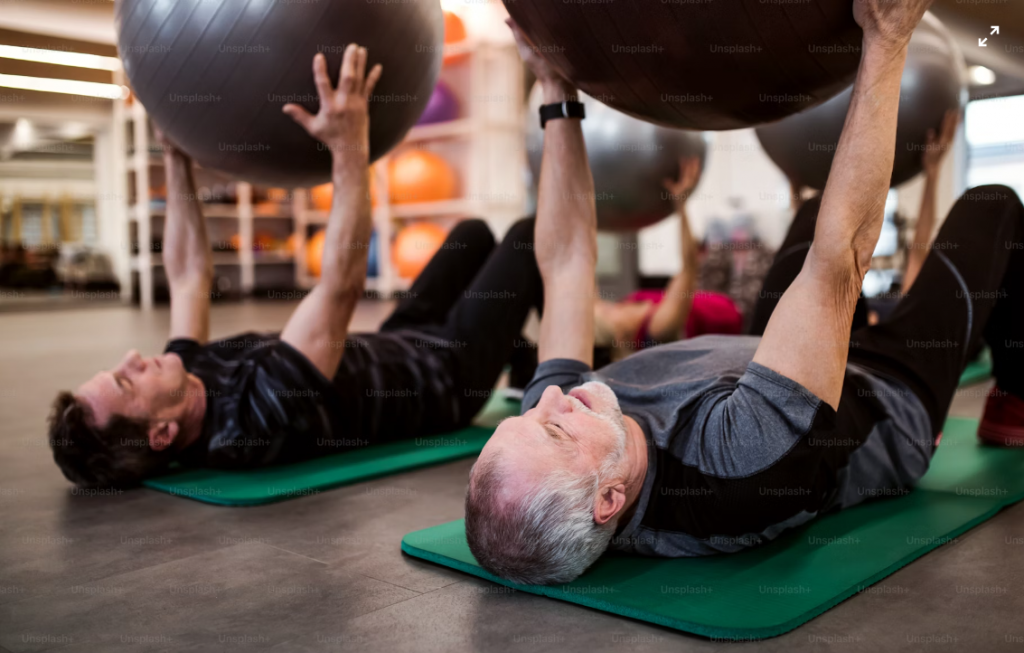As we age, it becomes increasingly important to focus on maintaining our overall wellness. Aging is a natural process, but there are steps we can take to ensure that we age gracefully and enjoy a high quality of life. In this article, we’ll explore various tips and strategies for healthy aging, covering aspects such as nutrition, exercise, mental well-being, social connections, managing chronic conditions, and more.
1. Introduction to Healthy Aging
Aging is a continuous process that brings about changes in our bodies and minds. However, with the right approach, we can navigate these changes and lead fulfilling lives well into our golden years.
2. Understanding the Aging Process
It’s crucial to understand the aging process to address the specific needs that come with it. While aging can present challenges, it also offers opportunities for personal growth and fulfillment.
2.1 Importance of Aging Well
Aging well involves taking proactive steps to maintain physical, mental, and emotional health. It’s about embracing the aging process with positivity and resilience.
2.2 Common Challenges with Aging
Issues such as decreased mobility, cognitive changes, and chronic health conditions are common challenges faced by older adults. However, these challenges can be managed with the right strategies in place.
3. Nutrition and Diet for Healthy Aging
A balanced diet plays a crucial role in promoting healthy aging. Seniors should focus on consuming nutrient-dense foods that support overall well-being.
3.1 Importance of a Balanced Diet
A diet rich in fruits, vegetables, whole grains, lean proteins, and healthy fats provides essential nutrients needed for optimal health and vitality.
3.2 Key Nutrients for Seniors
Certain nutrients like calcium, vitamin D, B vitamins, and antioxidants become especially important as we age. These nutrients support bone health, immune function, and cognitive function.

4. Physical Activity and Exercise
Regular exercise is beneficial for seniors as it helps maintain strength, flexibility, and cardiovascular health. It’s important to find activities that are enjoyable and suitable for individual fitness levels.
4.1 Benefits of Exercise for Seniors
Exercise can improve balance, reduce the risk of falls, boost mood, and enhance overall quality of life for aging adults.
4.2 Types of Exercise for Different Abilities
Seniors can engage in activities such as walking, swimming, yoga, tai chi, and strength training based on their abilities and interests.
5. Mental and Emotional Well-Being
Maintaining mental and emotional well-being is vital for healthy aging. Strategies such as mindfulness, cognitive stimulation, and social engagement can support mental health.
5.1 Importance of Mental Health
Positive mental health contributes to cognitive function, emotional resilience, and overall life satisfaction in older adults.
5.2 Strategies for Emotional Well-Being
Practicing mindfulness, engaging in hobbies, connecting with loved ones, and seeking professional support when needed are valuable strategies for emotional well-being.